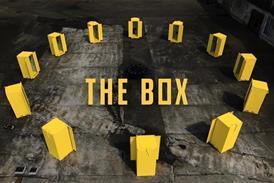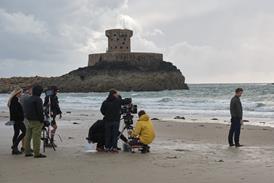Broadcast engineers are no longer just boffins who configure kit, says John Maxwell Hobbs.
The broadcast industry is about to face a huge skills gap in engineering with the BBC noting that 60% of Engineers across Europe are within 10 years of retirement.
To compound this issue, the major broadcasters themselves are no longer set up to train engineers in-house; this is due to the fact that more and more production has been shifted to independent production companies, who work with freelancers, so they don’t have the structure to provide this sort of long term development.
Publicly funded broadcasters have traditionally had significant training programmes and engineers who were educated by them regularly made their way into the commercial world.
With the significant budget cuts now being imposed on these public organisations, they can no longer afford to do this sort of training, and the commercial broadcasters don’t have the resources to take up the slack.
While the industry is headed towards a skills gap, we’re also seeing massive technological advances and the merging of the worlds of broadcasting and IT.
More and more functions are migrating from dedicated hardware to being software-based, and we’re seeing a move from traditional baseband transmission to IP-based approaches.
This is making broadcasting more adaptable and making it possible to capture the world in new ways.
Although the underlying technologies may be changing, it’s still important for broadcast engineers to be sensitive to the needs of production and to have an appreciation of the unique qualities of the industry.
Creative divide
The broadcast engineering role has also evolved significantly. There’s less of a divide between the creatives and the engineers these days.
Everyone involved in production from the engineers to the actors are “creatives.”
For a long time, broadcast engineers were viewed simply as the boffins who configured the kit and then repaired it when it came back smashed to pieces.
We’re now moving into a world where close interaction between engineers and production is imperative.
A camera may look pretty much the same as it always has, but it’s a totally different creature now - it’s now a complex computer with a lens. We are moving into a model is much like music production has been for years - in that world, engineers are viewed as the people who help the musicians and producers realise their aesthetic vision.
These shifts in the broadcast engineering role and the introduction of new technologies makes the production technology career path an extremely exciting one.
This and the dire need to recruit more training engineers in the broadcast industry is why the National Film and Television School has introduced a new Production Technology MA which starts in January next year.
We’re looking for applicants who have a keen interest in the intersection of technology and creativity.
We’ve also just announced that we’re building a 4K digital content training studio so students will be able to work with the very latest technology.
- Former BBC Scotland head of technology John Maxwell Hobbs is course leader of the National Film and Television School’s Production Technology MA






























No comments yet